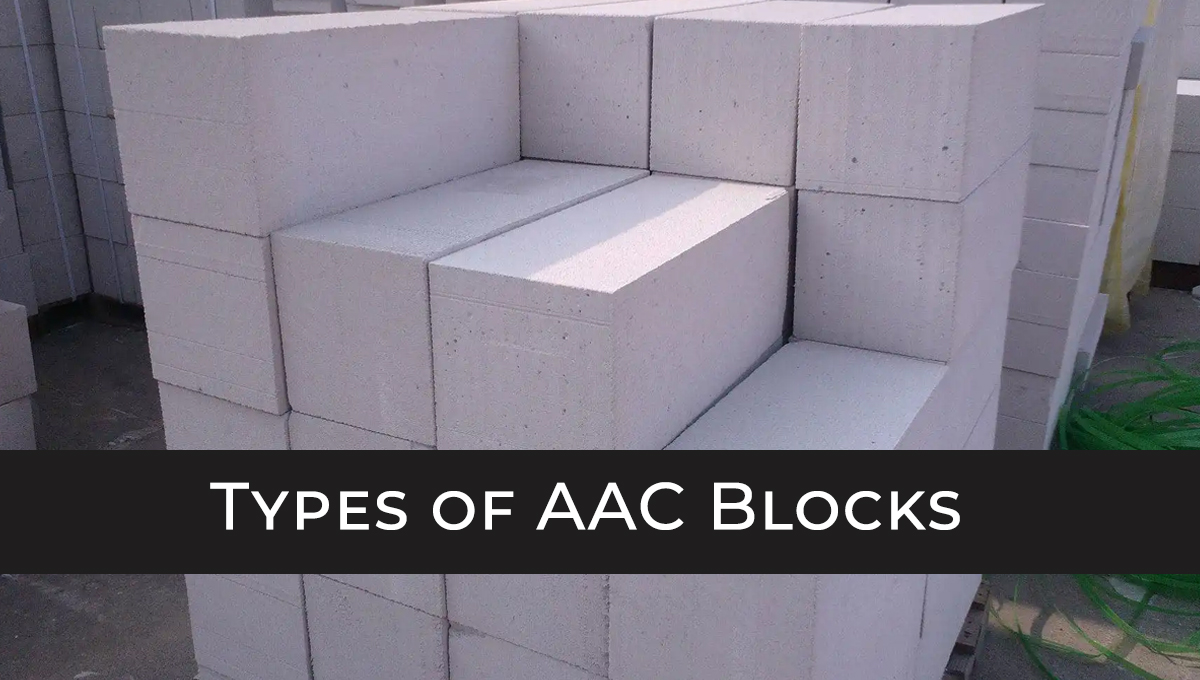In the dynamic world of construction, choosing the right building materials is crucial for the success and longevity of any project. One such innovative solution gaining popularity is the use of Autoclaved Aerated Concrete (AAC) blocks. These lightweight and versatile building blocks offer a myriad of benefits, making them an ideal choice for various construction applications. In this blog post, we will explore the types of AAC blocks, compare them to solid blocks, and discuss the advantages of AAC blocks.
Types of AAC Blocks
AAC blocks come in different types, each designed to cater to specific construction needs. The main variations include:
AAC Solid Blocks:
– Solid AAC blocks are dense and sturdy, making them suitable for load-bearing structures.
– These blocks provide excellent thermal insulation and are ideal for exterior walls, ensuring energy efficiency and comfort within the building.
AAC Hollow Blocks:
– Hollow AAC blocks are lighter and offer better thermal insulation than their solid counterparts.
– Their hollow core allows for easier handling during construction and provides additional insulation, making them suitable for both load-bearing and non-load-bearing walls.
AAC Panels:
– AAC panels are pre-fabricated, large-sized blocks that expedite construction processes.
– These panels are commonly used for partition walls, cladding, and roofing, providing a quick and efficient solution for modern construction projects.
AAC Blocks vs. Solid Blocks
When it comes to choosing between AAC blocks and traditional solid blocks, several factors should be considered:
1. Weight:
– AAC blocks are significantly lighter than solid blocks, reducing the overall structural load and making them easier to handle during construction.
2. Thermal Insulation:
– AAC blocks offer superior thermal insulation properties compared to solid blocks. This ensures energy efficiency, reducing heating and cooling costs for the building over time.
3. Workability:
– AAC blocks are easier to work with due to their lighter weight, precise dimensions, and ease of cutting. This results in faster construction and reduced labor costs.
4. Environmental Impact:
– AAC blocks are eco-friendly as they use fewer raw materials and produce less waste during manufacturing compared to solid blocks. This aligns with the growing trend of sustainable construction practices.
Shop for AAC Blocks online here.
Advantages of AAC Blocks
1. Energy Efficiency:
– AAC blocks contribute to energy efficiency by providing excellent thermal insulation, reducing the need for artificial heating or cooling.
2. Fire Resistance:
– AAC blocks are inherently fire-resistant, offering increased safety in case of fire incidents.
3. Durability:
– These blocks have a long lifespan, resisting pests, decay, and environmental factors, ensuring the durability of the structure.
4. Sound Insulation:
– AAC blocks provide effective sound insulation, creating a quieter and more comfortable indoor environment.
In conclusion, choosing the right AAC block for your construction project involves careful consideration of the types available, a comparison with solid blocks, and an understanding of the numerous advantages they offer. With the added convenience of buying AAC blocks online like MaterialTown – a trusted online supplier, construction professionals and homeowners alike can embrace this innovative building material, contributing to more sustainable and efficient construction practices. As the construction industry evolves, AAC blocks stand out as a smart choice for those looking to build with durability, efficiency, and environmental consciousness in mind.


